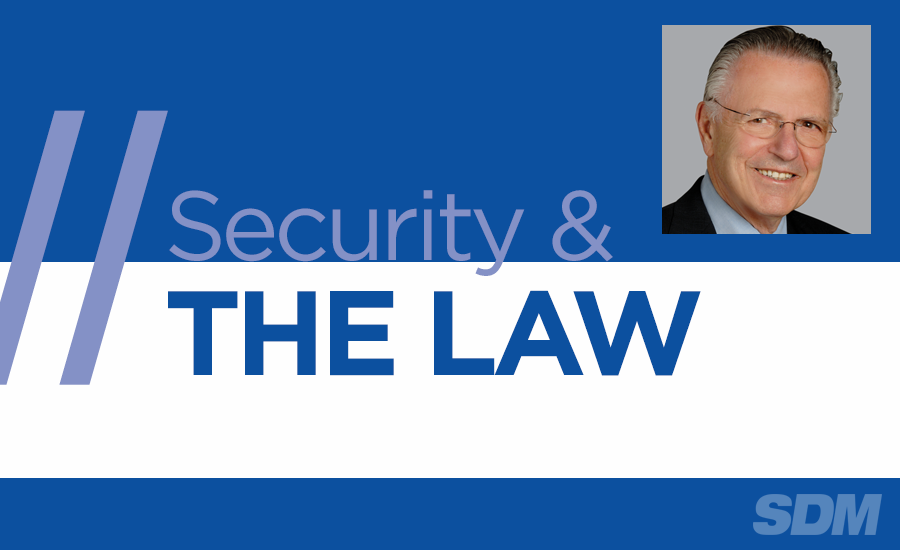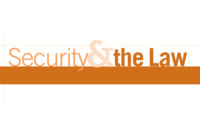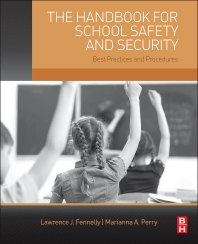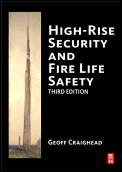Appellate Court Finds $250 Fine Unjust for Prolonged Fire Code Violations

In a recent case in the State of Pennsylvania, the City of Philadelphia filed a lawsuit against the defendant. The court rendered its opinion ordering $250 in fines and fees for persistent fire code safety violations. The City appealed from the judgment as they imposed a fine well in excess of the $250 judgment.
The defendant owned a three-unit rental property. The City’s Department of Licenses and Inspections found that the fire alarm system was inoperable and had not been inspected. The department issued a Notice of Violation citing the City Fire Code. The notice informed the defendant that daily fines up to $1,300 could be imposed.
During a follow-up inspection, the department found that the violations remained uncorrected. Several days later, another re-inspection revealed that the issues still had not been addressed, and the fire alarm system remained inoperable. As a result, the department issued a second “Cease Operations” notice.
The City commenced the action seeking statutory fines for the defendant’s failure to abate the ongoing fire code violations. The City requested that the trial court impose fines and fees totaling $1,028,600 for violations that persisted for 869 days. And yet the trial court imposed a fine of $250. On appeal, the City asserted that the nominal fine imposed by the trial court constituted a gross abuse of its discretion.
In response, the defendant suggested that the trial court properly exercised its discretion in imposing only a nominal fine, given her status as a senior citizen, her 25 years of property ownership, and her cessation of all rental activity.
On appeal, the court determined that the primary purpose of a fine or penalty is to 1) punish violators and 2) deter future or continued violations. The court determined that the nominal fee imposed by the trial court is manifestly unreasonable and constitutes an abuse of discretion. For the violations at issue, the Philadelphia Code permits daily fines of up to $1,300. The violations persisted for 869 days, thus the maximum fine authorized by the Philadelphia Code is $1,129,700. Instead the trial court imposed nearly $250 in fines and costs for safety violations that persisted more than two years.
Despite the defendant’s status as a senior citizen, the appellate court concluded that the trial court had abused its discretion by imposing minimal fines and costs that did not adequately penalize her for repeatedly failing to correct fire code violations on her property.
The court vacated the judgment and ordered the trial court to recalculate the appropriate fine and costs after considering aggravating and mitigating factors supported by the evidence.
Looking for a reprint of this article?
From high-res PDFs to custom plaques, order your copy today!










